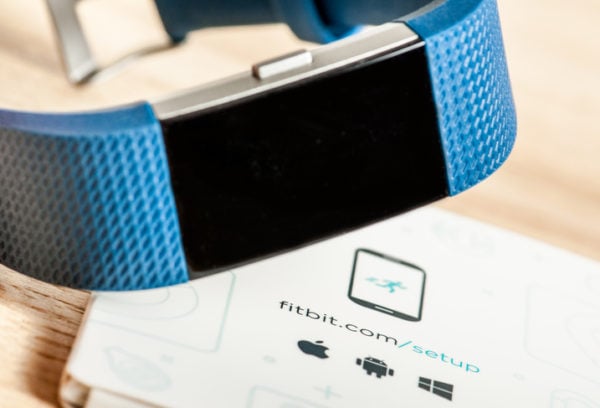Fitbit, the world’s leading innovator in wearable activity trackers, is seeing the smallest rise in sales since the company first went public in June 2015. The business, which was founded in 2007, offers a range of trackers that can monitor your sleep patterns, level of hydration, daily calorie intake, and exercise and activity levels.
Last Christmas, the little rubber wristband was on everyone’s gift list.
People who had no previous interest in exercise were, all of a sudden, spending 20 minutes on a treadmill every day. Or walking up the stairs three times, instead of once. Because the bracelet, which is synced to a mobile phone app, told them it was a good idea. (Some people even entered 2016 wearing two – one on each wrist.)
A year on, and market analysts are asking: has the craze ended?




Top Comments
I never even heard of 'fitbit' until this article.
I have to admit, I'm impressed you've managed to avoid it for so long!
I don't need a device that tells me how active I've been. My body tells me that everyday.
I like to use it to challange and motivate myself. What ever works for you. We're all different.
I found the best use for that sort of thing is a drink reminder every half hour.
Not uncommon for me to get caught up in work and go most of the day on 2 cups of coffee and half a glass of water. At least that reminds me to take swig every now and then.
I like to know how active I've been to know if I've done enough that day. I want to make sure I walk at least 10,000 steps. I don't want to fall into a lazy pattern of spending all day at my desk and not getting active, and just guessing at how active I've been. But I understand things like FitBits aren't for everyone!
But why is that important?